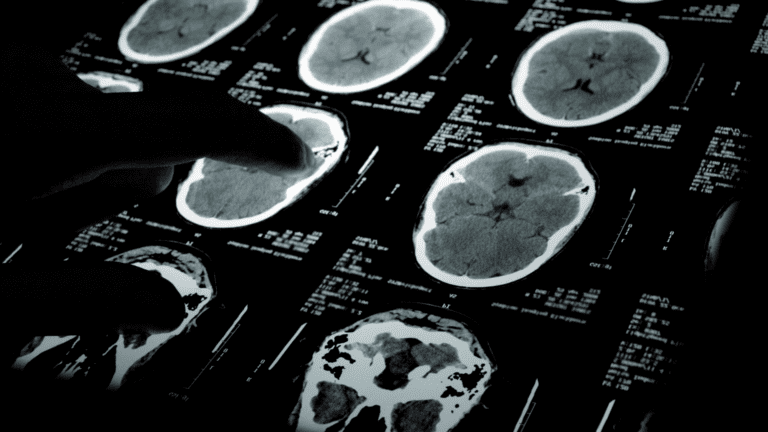An international team of researchers has shown that artificial intelligence (AI) analysis of long-term electrocardiogram (ECG) recordings surpasses the current standard performed by human technicians, with 14 times fewer missed diagnoses.

Linda Johnson
These findings were presented in the Late Breaking Science session at the ESC Congress 2024 by PHRI Associate Investigator Linda Johnson, who led the study alongside PHRI Senior Scientist Jeff Healey.
The study evaluated DeepRhythmAI, a cloud-based software for assessing cardiac arrhythmias using two-lead ECG data, in 14,606 individual patients who had recorded an average of 14 days of ECG data. The findings were published in Nature Medicine.
“We then randomly selected over 5,000 episodes of arrhythmias for intensive, beat-by-beat analysis by 17 panels of expert physicians (mainly cardiologists and electrophysiologists) from all over the world, which provided an extremely high-quality gold standard diagnoses against which we then compared the ECG and AI algorithm interpretation,” said Johnson.

Jeff Healey
The researchers found that analysis by the AI led to 14 times fewer missed diagnoses of severe arrhythmias (including complete heart block, ventricular tachycardia, and atrial fibrillation). Severe arrhythmias were missed in 0.3 percent of patients by the AI, compared with 4.4 percent for the technicians.
On the significance of this study, Johnson said, “Ambulatory ECG analysis by human technicians is time-consuming and challenging, leading to high costs and risk of error. At the same we know that long recording times are needed to find clinically relevant arrhythmias.” The study sought to determine what would happen if the technicians were replaced, and physicians received reports directly from the AI. If successful, such an approach would be a major innovation that could address the worldwide shortage of trained staff capable of interpreting long-term ECG monitoring.
“Today, most long-term ECG devices use some type of AI to support interpretation, but with varying quality. And there are still long waiting times for long-term ECG monitoring, often up to a year. If we have a qualified AI model that can review all ECGs, we would have both much cheaper and faster diagnostics,” said Healey.
When designing the study, the researchers outlined several essential characteristics that the AI needed to have. “It must have near-perfect sensitivity, which means that anything that is a potentially serious arrhythmia must be flagged for assessment by a doctor. This is the most important aspect; patients and physicians would not tolerate any failure to diagnose serious arrhythmias (i.e. false negatives). At the same time, the AI model must not identify too many rhythms that are not serious (i.e. false positives), that then require physician review” added Healey.
The AI model was able to rule out severe arrhythmia with 99.9 per cent confidence in a 14-day ECG recording. The number of false positives (in this context, findings misinterpreted as a serious arrhythmia) was only 12 per 1,000 recording days for AI compared with 5 per 1,000 recording days for human analysis.
“We hope that these results can be translated to more accurate diagnostics, better access to care, and improved patient outcomes” said Johnson.
@lsjMD just presented our huge endeavor in the DRAI MARTINI (coolest name for a study ever). AI was superior to technician ECG-analysis with only a modest increase in the false positive rate! Stay tuned for the paper! #ESCCongress #ESCCongress2024 @StavrosStavrak1 @CTECresearch pic.twitter.com/5tiSlyXSUI— Stefanos Zafeiropoulos, MD, MS, PhD (@Cardiaficionado) August 30, 2024
Updated on February 10, 2025.



